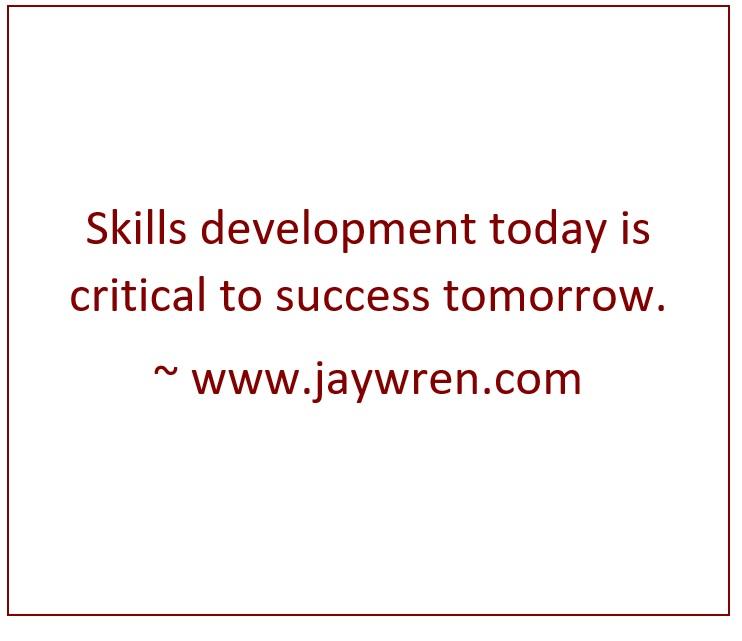Finding New Industries: If you find that you have skills that are no longer needed in your current industry, it is natural for you to feel discouraged.
Skills Requirements Continue to Change
The ever-changing employment landscape often leaves people with industry-based skills and no employment market for those skills. If you are one of those people, you are not alone. Additionally, you do have options.
The first week I worked as a recruiter I received a call from a salesman who had just lost his job from a reduction in force.
The man faced a large challenge, because companies across his industry were merging divisions and merging with other companies. However, he was fortunate to get a sales job in the medical industry. The training at his former employer gave him the skills to sell. A medical company considered those skills as transferable skills for selling their equipment.
This person was not the last of the applicants I saw who transitioned to other industries to relaunch their carriers.
The Challenges of Finding Industries
Most people have transferable skills. However, they face challenges finding new industries for these skills.
For example, headhunters, hiring managers, and staffing people often face mountains of resumes. They are focusing on close fits. Scrutinizing resumes closely for crossover skills is a challenge for these people. The first decision that these people make is to eliminate people based on a match in industries.
A second issue is that the network people have in their industry does give them contacts when they try transition to other industries. To find jobs in a new industry, job seekers must develop new networks to reach people who have job openings.
Steps to Finding New Industries
Here are some steps that might help you find jobs in new industries.
- Make a list of companies and industries that appeal to you.
- Determine if other people at those places have a similar background to your own.
- Evaluate the overall experience of these people in terms of other skills and experience that you might have in common.
Tips for Expanding Your Network
The second challenge is expanding your network to the new industry. You will probably find better success in getting an interview if you know the hiring manager and can get your résumé directly into that person’s hands. Here are some suggestions.
- Ask a member of your current network to give you an introduction to the hiring manager.
- If you cannot get an introduction to the hiring manager, attempt to network directly with the hiring manager.
- Join professional organizations that can give you introductions.
- Attend trade shows where you can make new connections.
- Backtrack through your network to find people who have transitioned from your current industry to a new industry.
- When you do send out your résumé, make sure that it markets your skills that are useful in the new industry.
- Edit your résumé and interview agenda to highlight your qualifications for each specific company you are seeking to join.
Expand Your Skills to Match Skills in New Industries
A third challenge is that your skills are just not as strong as those of people already in the industry you are seeking to join.
- Strengthen your marketable skills with more training.
- Become an expert on the new industry you are seeking to join. Write your cover letter and résumé to show what you know about that industry.
- Head back to school to get a diploma, degree, credential, certification, or advanced degree.
In Conclusion
Remember that you are not alone nor unique. Many people find that they need to consider transitioning to a new industry. You are not alone in your trials. If you concentrate on building your network and your skills, you do not have to work alone in your efforts.
